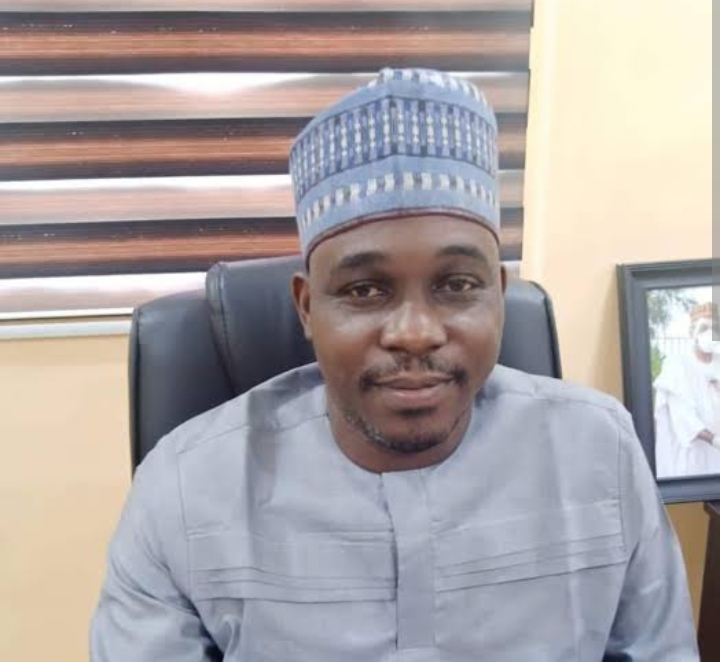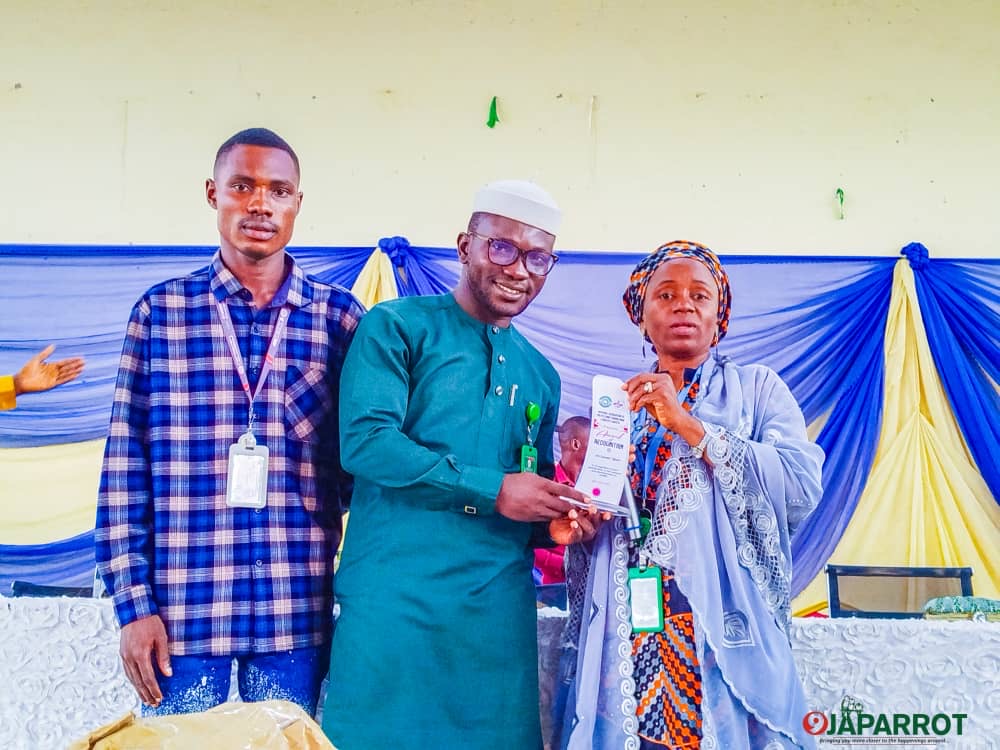By Saliu Olanrewaju Lah
Students unionism in Nigeria has a rich and complex history, rooted in the principles of democracy, activism, and advocacy for the rights and welfare of students in tertiary institutions across the country. However, despite its prominent role in the past, there is an urgent need for reforms in the Nigerian students unionism system.
Historically, students unions in Nigeria have played a vital role in championing the rights of students, voicing their concerns, and advocating for improvements in educational policies and conditions on campuses. They have been at the forefront of fighting for affordable education, quality academic environment, and the protection of students’ rights.
They have at various times led massive protest against any perceived injustices by any institutions authorities and in some cases government in power in order to press home their demands. The “Ali must go” protest in 1978 remains one the biggest or if not the most prominent protests led by the students unions in the political annals of Nigeria.
However, over the years, students unionism in Nigeria has faced numerous challenges that have weakened its effectiveness and impact. One of the key issues is the infiltration of political interests into students unions, leading to divisions, factionalism, and even violence. This phenomenon has hindered the ability of students unions to genuinely represent the interests of students and serve as a collective voice for positive change.
The 2023 convention currently ongoing in Abuja by the students union is nothing short of hooliganism, thuggery, and arson where shootings rented the air thereby creating an atmosphere of fear and panic in the federal capital territory. Reports had it that the rampaging students invaded one of the hospitals where some injured students were being treated causing some patients to flee and scamper for their dear lives.
These failures on the part of the students union has underscored loss of ideological direction which aims at enthroning an egalitarian society where laws would be obeyed by both the leaders and followers.
Another major concern is the absence of transparent and accountable governance mechanisms within the students union structures. Many unions suffer from corruption, embezzlement of funds, and lack of financial transparency, which not only undermines the credibility of these organizations but also hampers their ability to effectively carry out their mandates.
Furthermore, the excessive politicization of students unionism has resulted in a focus on partisan political activities rather than addressing the core issues affecting students. This has led to a decline in effective engagement with educational authorities and a neglect of crucial matters such as improving academic standards, providing adequate welfare services, and addressing students’ grievances.
Ironically, students unions have been hijacked by politicians at different levels for their selfish ambitions as they have also been recognized as a critical stakeholder in the electioneering process.
As a matter of fact, some of these students union leaders are most often used to perpetrate violence during elections. They carry different types of assaulted rifles on the day of election under the guise of representing the students constituency.
The urgent need for reforms in Nigerian students unionism is undeniable and cannot be overemphasized. First and foremost, there is a need to strengthen the internal governance structures of students unions, including the establishment of clear and transparent financial management systems. This will help ensure the judicious use of funds, eradicate corruption, and restore the confidence of students in their unions.
Additionally, there should be a concerted effort to depoliticize students unionism and refocus on its core objectives of ensuring a conducive learning environment, protecting the rights of students, and advocating for educational reforms. This can be achieved through the adoption of non-partisan approaches, encouraging issue-based activism, and promoting dialogue and collaboration with relevant stakeholders in the education sector.
Furthermore, there is a need to enhance the capacity of students leaders through training programs on leadership, communication, negotiation, and advocacy skills. This will empower them to effectively represent the interests of students and engage in constructive dialogue with school authorities, government agencies, and other stakeholders.
In conclusion, while students unionism in Nigeria has had a noteworthy history, the urgent need for reforms cannot be overemphasized. By addressing the challenges of political interference, corruption, and lack of transparent governance, Nigerian students unions can regain their stature as powerful agents of change in the educational system, effectively advocating for the rights and welfare of students, and contributing to the development of a better educational environment in the country.
Saliu Olanrewaju Lah is a freelancer and an advocate of good governance writes from the ancient city of Ilorin
lanrelah@gmail.com





